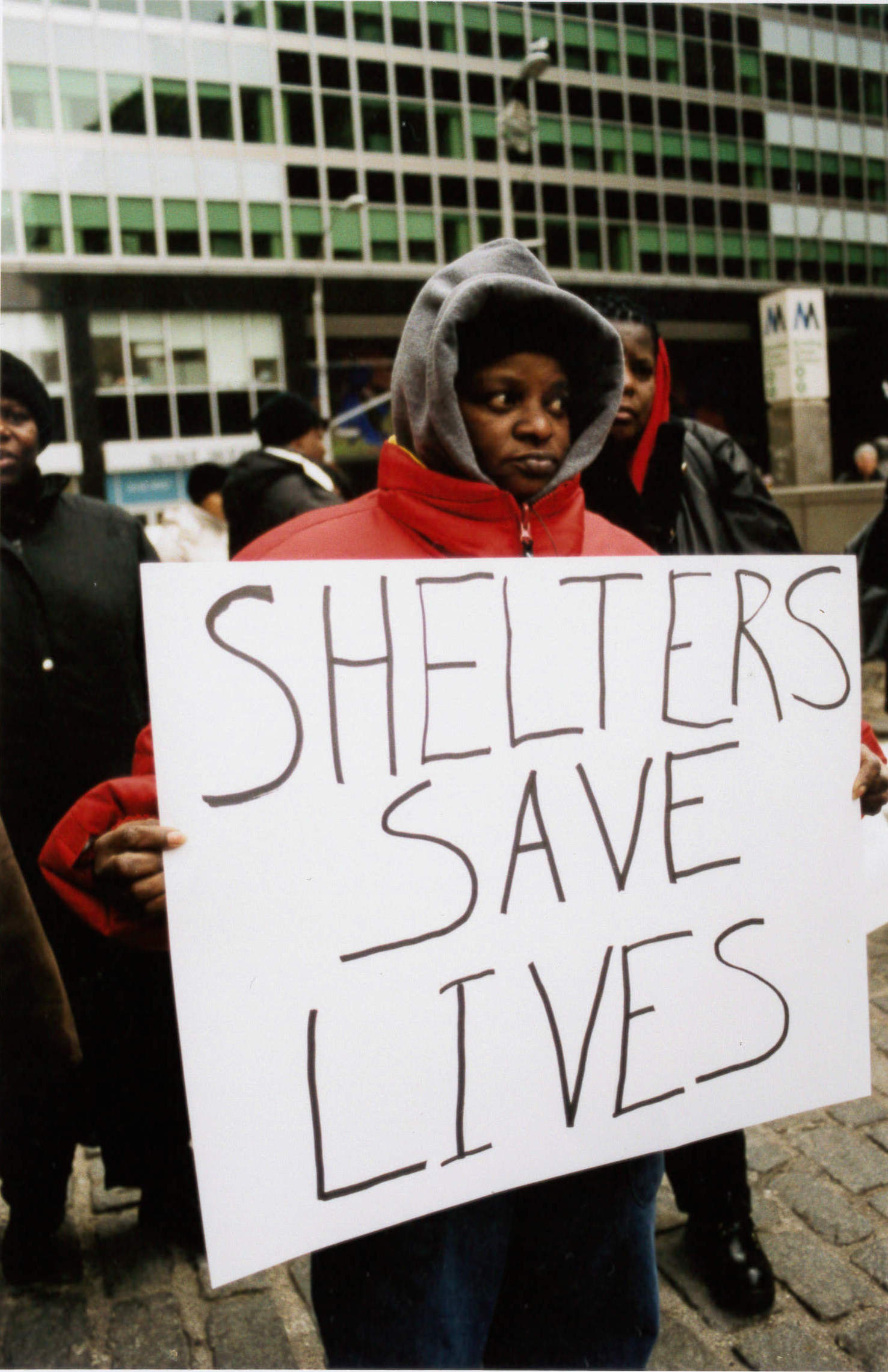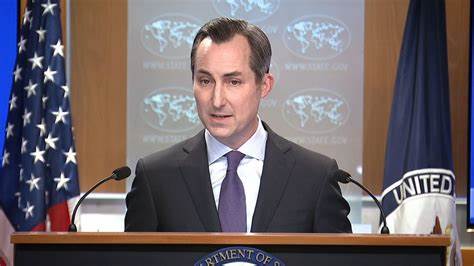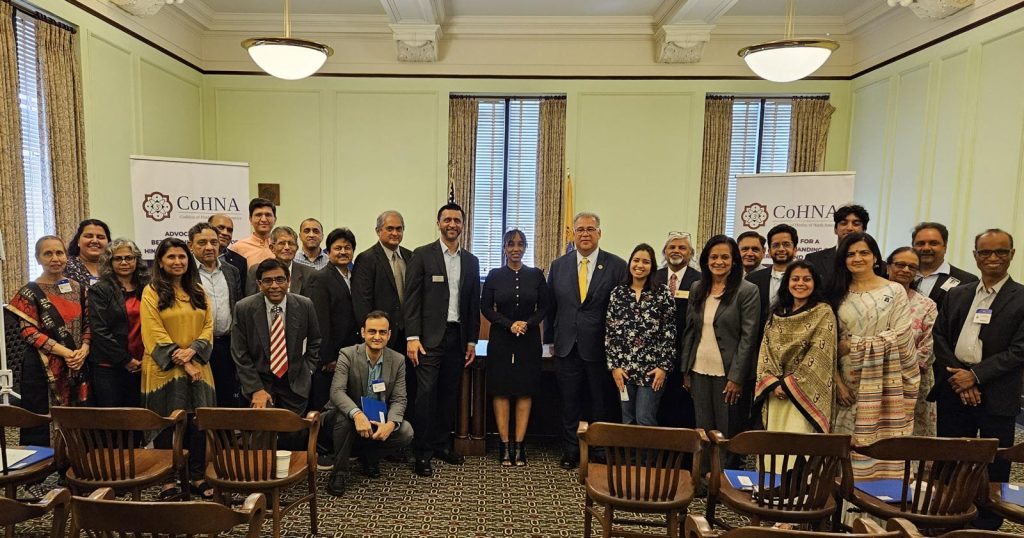City Has Argued Callahan Decree Was Never Intended to Apply to Extraordinary Circumstances City Currently Faces
Our Bureau
New York, NY
New York City Mayor Eric Adams has announced that the City of New York has come to an agreement with The Legal Aid Society, providing the city additional flexibility under the 1981 consent decree in Callahan v. Carey, related to the city’s “Right to Shelter” during the current migration crisis. After months of negotiations — during which the city has continued to respond to the national humanitarian crisis without meaningful help from the federal government — the parties have come to an agreement that gives the city more tools to manage entries and exits of single adult migrants from the shelter system and ensure the city has the flexibility it needs to continue supporting vulnerable New Yorkers.
As the city has consistently argued, the Right to Shelter — put into place over 40 years ago when the city’s shelter system had fewer than 2,500 people in its care — compared to the 120,000 people, approximately 65,000 of which are migrants, currently in the city’s care — was never meant to apply to a national humanitarian crisis like the one New York City faces today.
“New York City has led the nation in responding to a national humanitarian crisis, providing shelter and care to approximately 183,000 new arrivals since the spring of 2022, but we have been clear, from day one, that the ‘Right to Shelter’ was never intended to apply to a population larger than most U.S. cities descending on the five boroughs in less than two years,” said Mayor Adams. “Today’s stipulation acknowledges that reality and grants us additional flexibility during times of crisis, like the national humanitarian crisis we are currently experiencing. Thank you to the court and The Legal Aid Society, for recognizing that the status quo cannot continue and for giving New York City additional tools to address this crisis while ensuring that the most vulnerable can continue to receive the support they need. Like impacted cities across the country, we cannot bear the brunt of this crisis alone and continue to seek significant support from our federal partners, including expedited work authorizations, more funding, and a national resettlement strategy.”


























